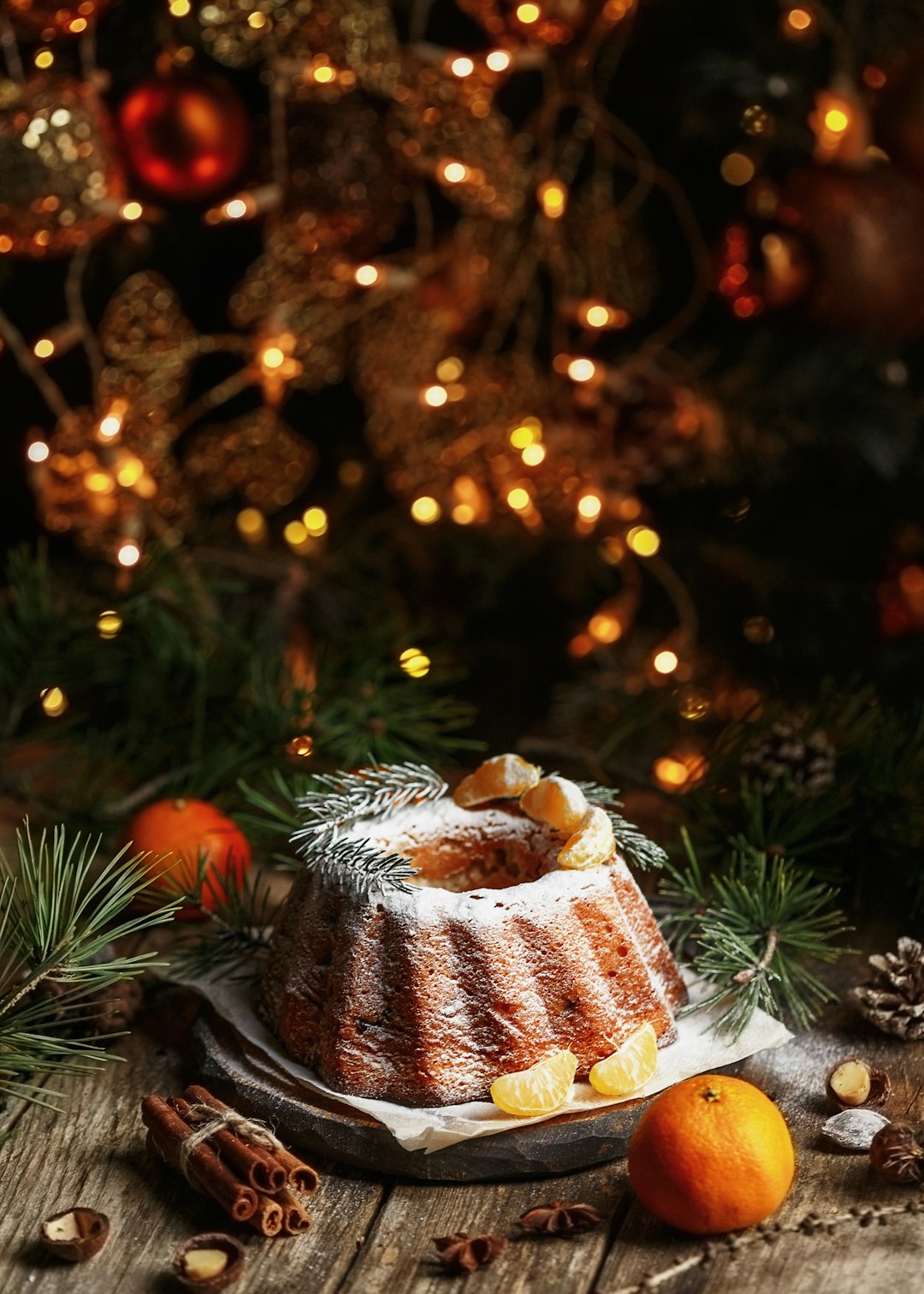Unlocking the Secret of Egg Freezing: A Smart Kitchen Hack

Are you looking for ways to save money on groceries and always have a staple ingredient at your fingertips? Look no further than freezing eggs! It might sound like an unconventional idea, but freezing eggs is an easy, safe, and practical method to stretch your food budget and ensure you never run out of eggs.
Let's start by exploring why freezing eggs is such a great option. Eggs are a versatile ingredient used in countless recipes, from breakfast omelets to decadent cakes. However, they have a limited shelf - life, and it can be challenging to use them all before they go bad. By freezing eggs, you can extend their usability and avoid waste.
First, it's important to understand the safety aspects of freezing eggs. Eggs can be frozen raw, but it's crucial to remove them from the shell. The reason is that the egg expands as it freezes, and the shell can crack, leading to potential contamination. You can crack the eggs into a bowl, whisk them lightly to break up the yolk and white, and then pour them into an air - tight container or ice cube trays. If you use ice cube trays, you can easily pop out individual egg portions later, which is great for recipes that require only a small amount of eggs.
When it comes to thawing frozen eggs, it's best to transfer them from the freezer to the refrigerator and let them thaw slowly overnight. This slow thawing process helps maintain the texture and quality of the eggs. Once thawed, you can use them just like fresh eggs in most recipes. However, keep in mind that the texture of the egg may be slightly different after freezing. The whites might be a bit thinner, but this usually doesn't affect the outcome of your cooking significantly.
Now, let's talk about the practicality of freezing eggs in terms of food storage. With limited pantry and fridge space, having a stash of frozen eggs can be a game - changer. You can buy eggs in bulk when they are on sale and freeze them for later use. This not only saves you money but also reduces the number of trips to the grocery store.
When it comes to cooking with frozen eggs, the possibilities are endless. For breakfast, you can make a delicious frittata. Simply sauté some vegetables like onions, peppers, and mushrooms in a pan. Then, pour in the thawed eggs and let them cook until set. You can top it off with some cheese and herbs for an extra burst of flavor.
If you're in the mood for a sweet treat, frozen eggs work just as well in baking. A classic chocolate cake recipe calls for eggs to bind the ingredients together. Using thawed frozen eggs will give you a moist and delicious cake that is indistinguishable from one made with fresh eggs. You can also make custards, quiches, and even mayonnaise with frozen eggs.
Another great advantage of freezing eggs is that it can be a lifesaver in emergency situations. For example, if you suddenly realize you need eggs for a last - minute recipe and don't have any fresh ones on hand, you can reach into your freezer and use the frozen eggs instead. This flexibility makes it a valuable addition to your kitchen routine.
In conclusion, freezing eggs is a simple yet powerful technique that offers numerous benefits. It's an easy way to save money, reduce food waste, and always have a reliable ingredient on standby. Whether you're a novice cook or a seasoned chef, incorporating egg freezing into your food storage and cooking practices can enhance your kitchen experience and help you create delicious meals with ease.